
Also see:
Kitten care Common cat questions
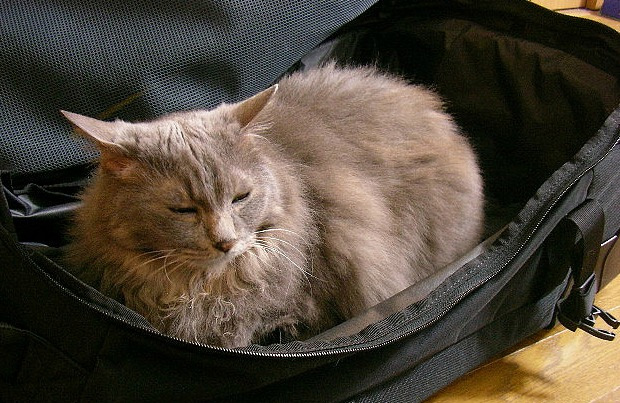 The Best Way to Take Your Cat on Vacation With You
by Cheryl Lock
Vacation is supposed to
The Best Way to Take Your Cat on Vacation With You
by Cheryl Lock
Vacation is supposed to
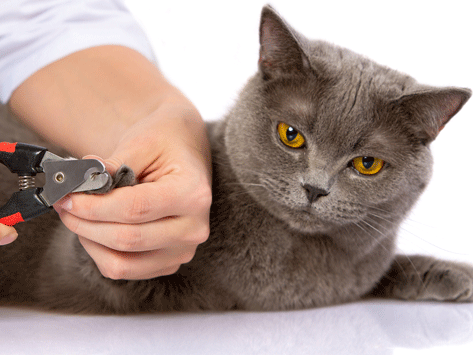 Trimming Cat Claws: A How-To Guide
If scratch marks on your fu
Trimming Cat Claws: A How-To Guide
If scratch marks on your fu
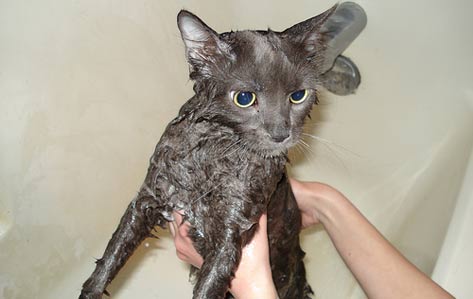 'Natural' Methods for Controlling Fleas in Cats
By Jennifer Kvamme, DVM
There are a lot of differe
'Natural' Methods for Controlling Fleas in Cats
By Jennifer Kvamme, DVM
There are a lot of differe
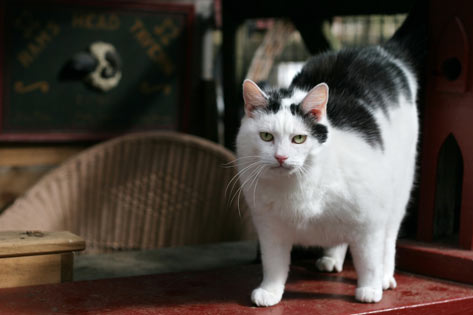 Why Your Cat's Weight Really Matters
Weight Isn’t Just a Cosmeti
Why Your Cat's Weight Really Matters
Weight Isn’t Just a Cosmeti
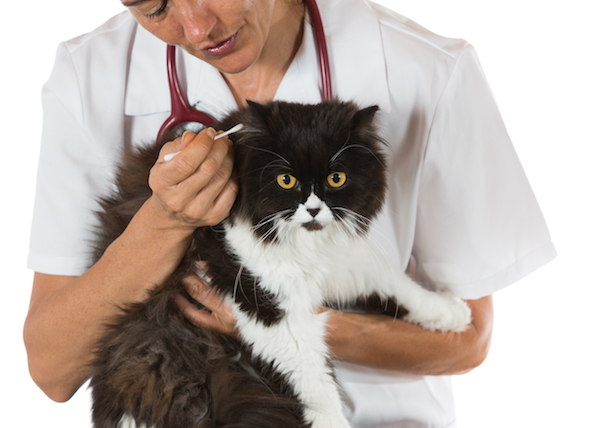 How to Clean a Cat’s Ears
By Elizabeth Xu
Your
How to Clean a Cat’s Ears
By Elizabeth Xu
Your
Copyright © 2005-2016 Pet Information All Rights Reserved
Contact us: www162date@outlook.com